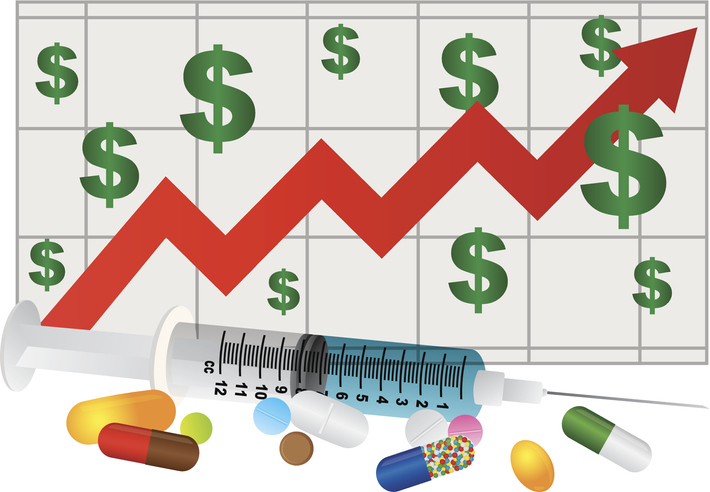
2025 and Beyond: Key Trends to Watch in Pharmacy
As we all work to wrap up the year and enter into 2025, here are a few trends to keep your eye on in the coming months and beyond.

As we all work to wrap up the year and enter into 2025, here are a few trends to keep your eye on in the coming months and beyond.

Like any other tool, understanding the right problem to apply it to is the difference between success and failure. Addressing a problem is never just about technology; it’s always about people, processes, and technology.

A new report by Paubox calls for healthcare IT leaders to dispose of outdated assumptions about email security and address the challenges of evolving cybersecurity threats.

Pricy GLP-1 medications are here to stay — let's focus on turning their potential into lasting, meaningful impact.

While advanced analytics and AI can unlock unprecedented insights, it's the thoughtful application of these insights that transforms routine interactions between pharmaceutical representatives and healthcare providers into lasting relationships.

We cannot change the fact that some patients must take multiple drugs, but we can certainly change how we manage it with careful coordination and communication among healthcare providers, and personalized medicine practices such as pharmacogenomics.

What concrete strategies should employers pursue to control rising costs while ensuring the best member experience and clinical outcomes?

Break down the silos. Take control of your provider data.

Bariatric surgery is still the gold standard for morbid obesity treatment, yet patients and medical professionals will likely seek less invasive weight loss drugs before considering bariatric surgery.

As radiopharmaceuticals enter a new phase, industry leaders must rethink external services and internal capabilities to master the complexities of delivering advanced therapies.

Top challenges impacting specialty pharmacy outcomes, and how health systems may achieve efficiencies and enhance performance for optimal outcomes.

By fostering collaboration and seamless data integration into healthcare systems, the industry is laying the groundwork for a future in which “personalized medicine” is so commonplace within clinical practice that we will just start calling it “medicine.”

As multi-billion investment continues to pour into the R&D of future obesity medications, the need for evidence generation of health benefits beyond short-term weight loss will be critical to the decision-making of healthcare providers and payers.

A direct-to-patient model for observational research will ease the participation burden, better incorporate the patient voice, and empower individuals to take control of their health – all while meeting the growing demands for robust evidence in developing new drugs and therapeutics.

Lifestyle is equally important for long-term success. A good behavior-change program can benefit many people with chronic conditions – whether by impacting clinical outcomes, improving quality of life, or helping to lower long-term health-care costs.

if we can shift the way we deliver information, we can change the entire culture of pharmacy in a way that relieves some of the burden on the pharmacists and improves patient outcomes at the same time.